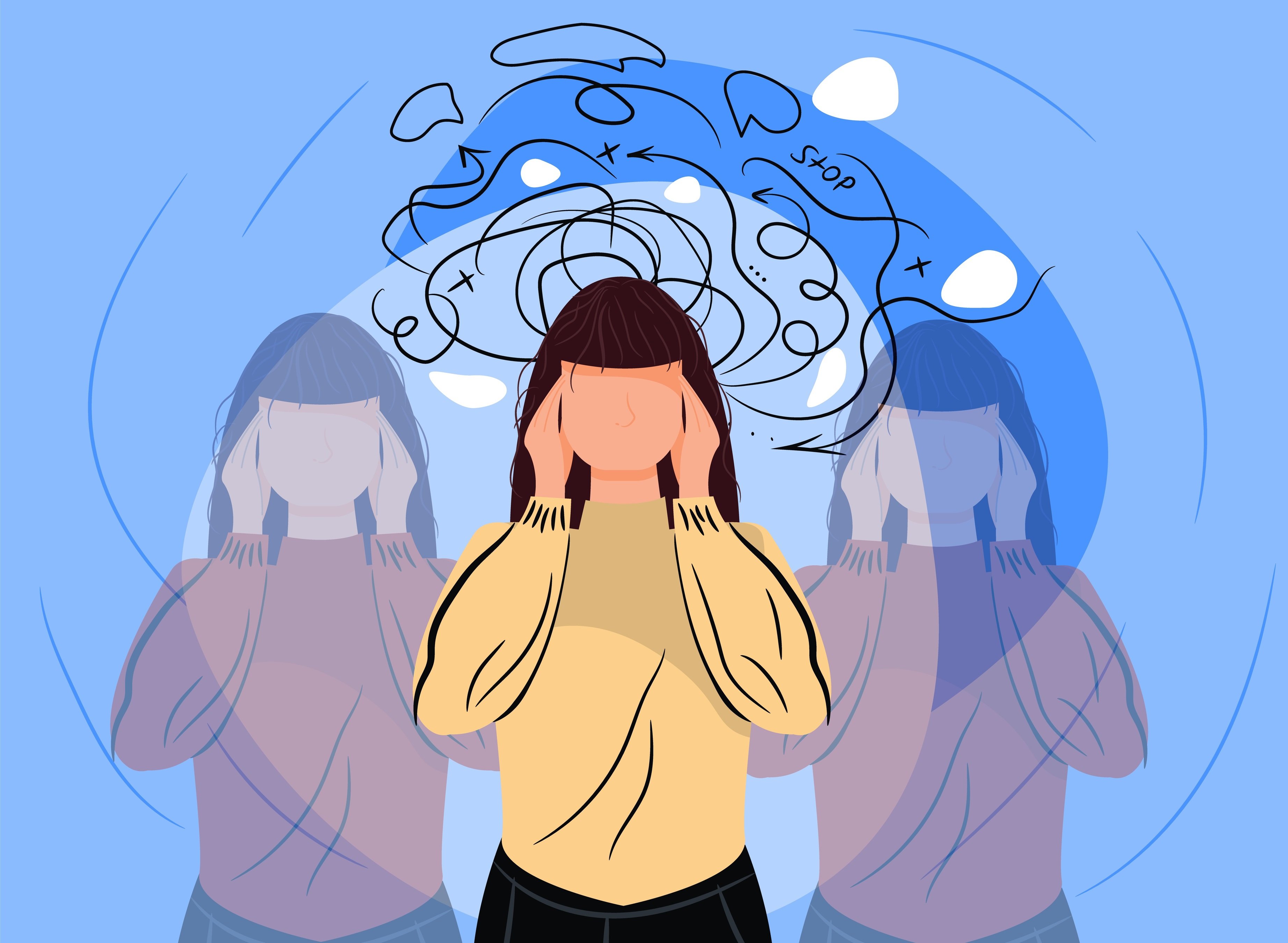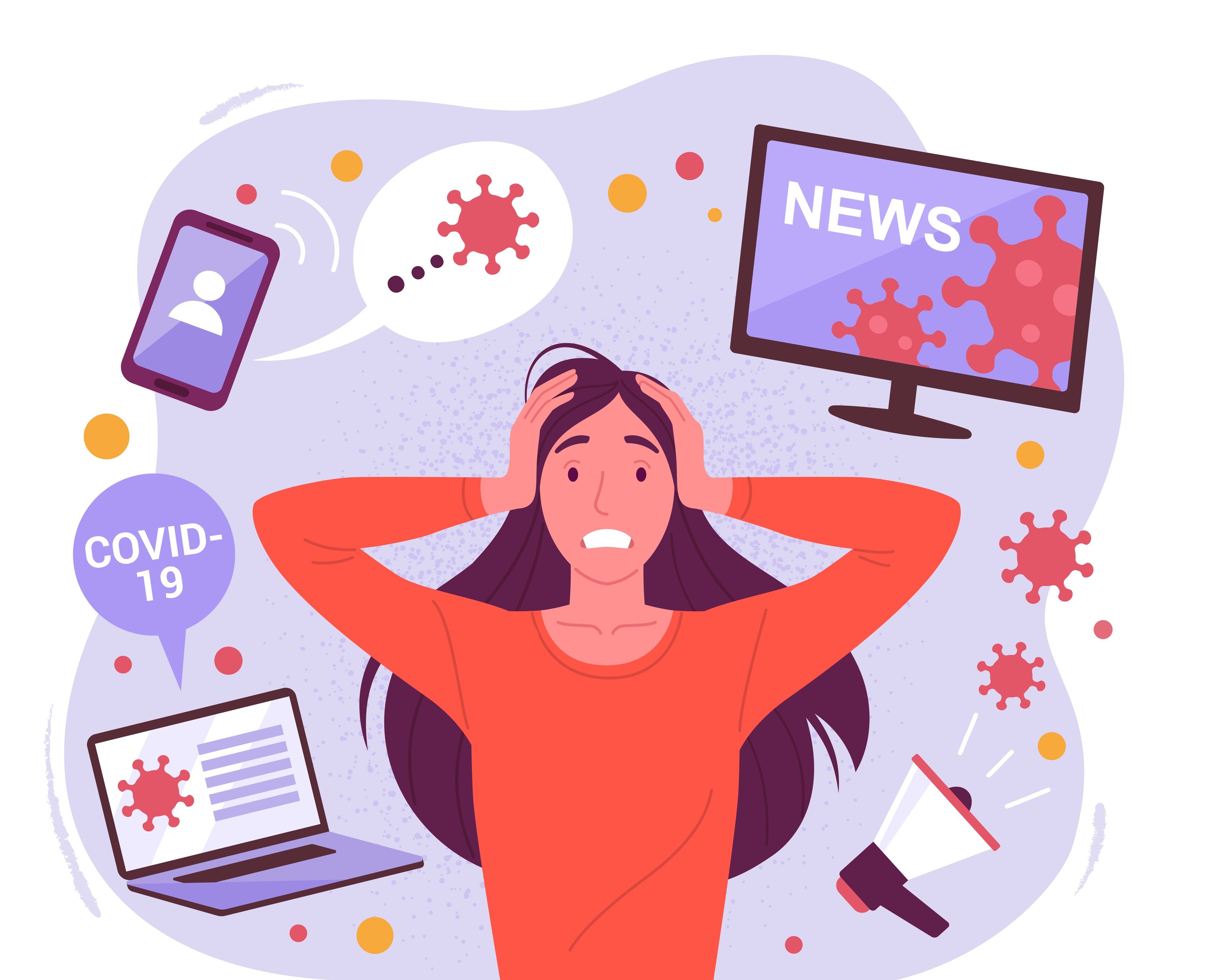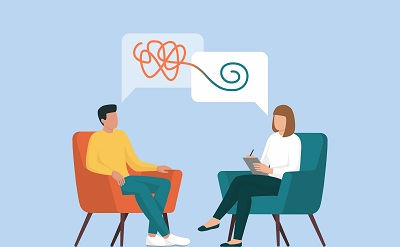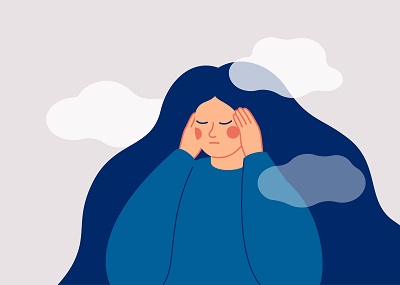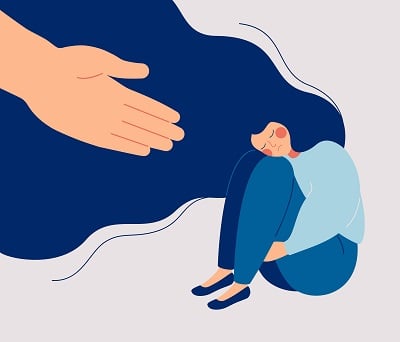State
Virtual
ERP for Children and Teens
How to use Exposure and Response Prevention as a treatment method to help children and teens with OCD.
ADAA Member Aureen Pinto Wagner, PhD describes to measure your emotions and anxiety with "The Feeling Thermometer."
What is Exposure Therapy?
What is Exposure and Response Prevention (ERP)?


